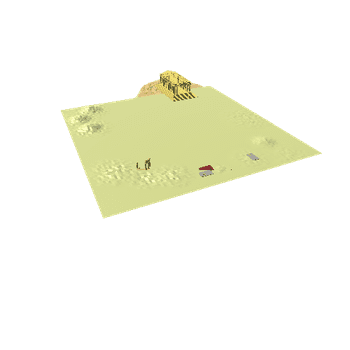Select or drop a image or 3D model here to search.
We support JPG, JPEG, PNG, GIF, WEBP, GLB, OBJ, STL, FBX. More formats will be added in the future.
Asset Overview
Here's a visualization of 688 exoplanets from [NASA's exoplanet catalog](https://go.nasa.gov/2y0sll0) (which contains 4152 exoplanets as of April 28th, 2020), done with Python and Blender.
**Disclaimer:** I filtered the exoplanets according to parameters of interest ("only" kept 688), and spent some time recomputing parameters (such as surface gravity or temperature) while re-learning some "basic" black-body radiation and orbital mechanics equations, before mapping the resulting parameters to positions and textures in Blender. The values in this visualization are therefore approximations (and should not be used for interstellar navigation 😅).
I would advise you to visit the [NASA website dedicated to exoplanets](https://exoplanets.nasa.gov/) to learn more about methods linked to exoplanets detection.
And why not listen to one of those two extraordinary covers of "Life On Mars" from David Bowie while doing so ?
* [Aurora](https://youtu.be/kJ095S0MmnA)
* [Seu Jorge](https://youtu.be/M05dpNBFTE0)





